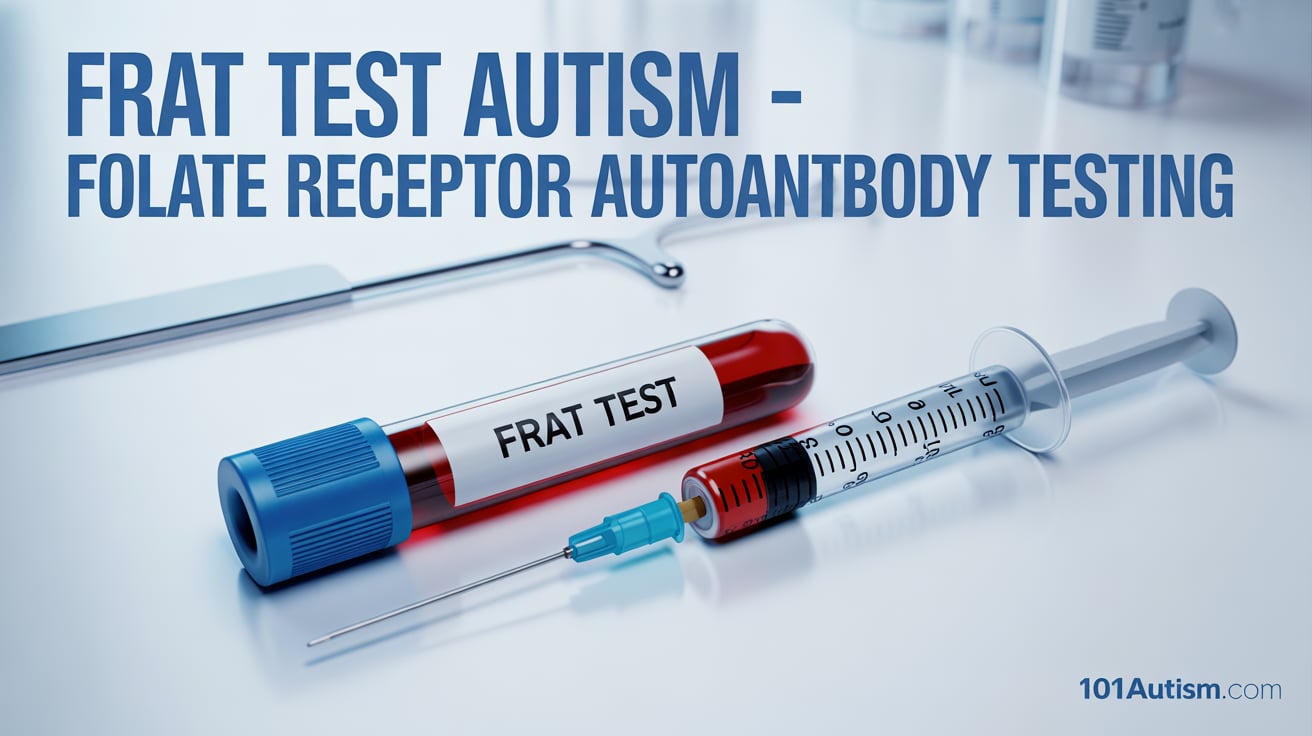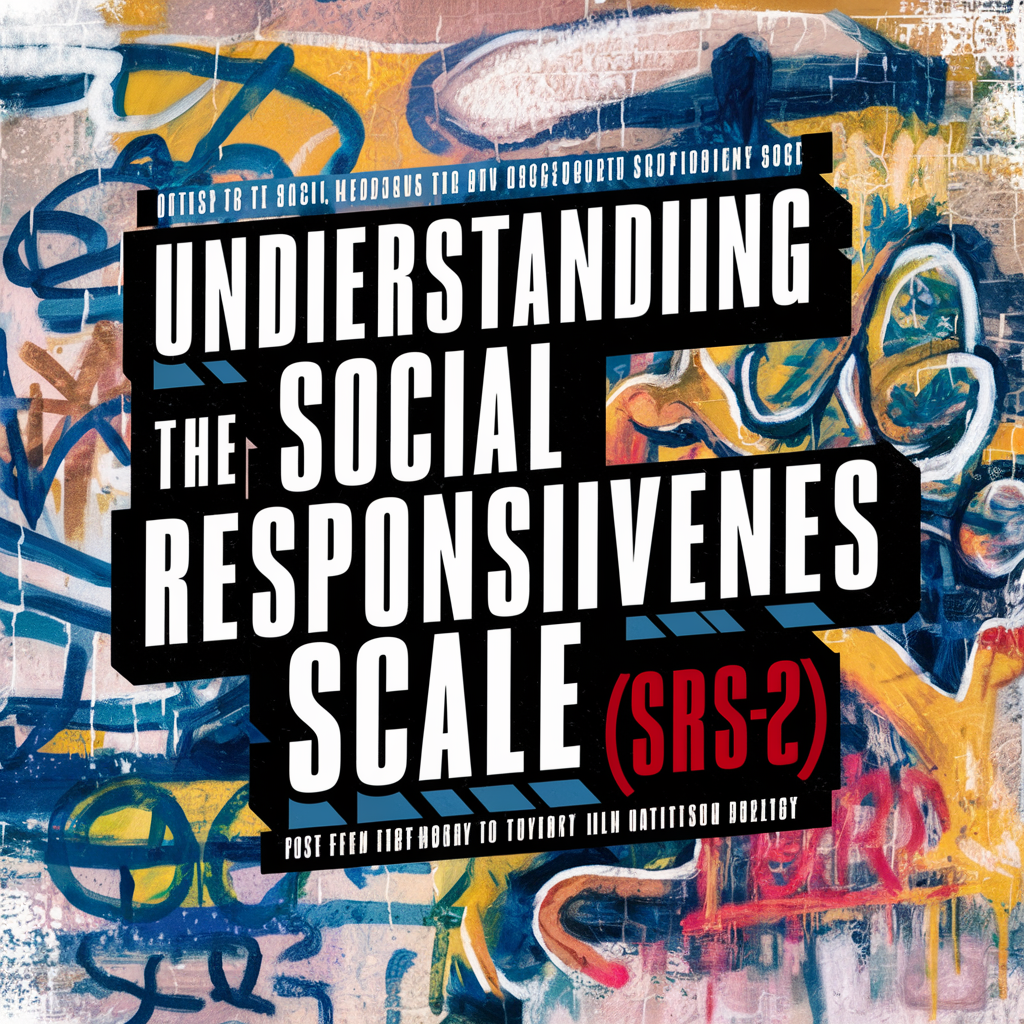Frequently Asked Questions About Autism Diagnosis: A Guide for Parents

Discovering that your child has autism can be overwhelming and raise many questions. It’s a significant moment that can alter your life and your family’s, and it’s natural to seek answers. This article aims to address some of the most frequently asked questions about autism. To improve the effectiveness of this article, including personal anecdotes from parents or individuals with autism could help readers better understand the challenges and successes of an autism diagnosis. Additionally, providing more specific information about the various therapies available for children with autism could help parents make informed decisions about which treatments may benefit their child. Finally, including information about the potential benefits of early intervention for children with autism could encourage parents to seek a diagnosis and begin treatment as early as possible, ultimately improving outcomes for their child in the long run.
- What is Autism Spectrum Disorder? Autism Spectrum Disorder (ASD) is a developmental disability arising from inherent brain differences. Those with ASD may exhibit unique behavior patterns, communication, social interaction, and learning that distinguish them from others. The abilities of individuals with ASD can vary significantly, with some demonstrating exceptional conversational skills and others struggling with communication and even being entirely nonverbal. ASD typically presents itself prenatally and continues to impact individuals throughout their lifespan. Communication and nonverbal. ASD normally manifests before birth and continues to affect individuals throughout their lifetime. The age of 3 years can last throughout a person’s life, although symptoms may improve over time1.
- How is Autism Diagnosed? Diagnosing ASD can be tricky since there is no medical test, like a blood test, to analyze the disorder. Doctors look at the child’s behavior and development to make a diagnosis. ASD can sometimes be detected at 18 months of age or younger. However, many children do not receive a final diagnosis until they are much older. Some people are not diagnosed until they are adolescents or adults1.
- At What Age Can Autism Be Diagnosed? Autism can sometimes be diagnosed as early as 18 months, and by age 2, a diagnosis by an experienced professional can be considered reliable. However, many children do not receive a final diagnosis until they are much older. This delay means that people with ASD might not get the early help they need1.
- Can Autism Be Cured? No cure exists for autism spectrum disorder, and no one-size-fits-all treatment exists. Treatment aims to maximize your child’s ability to function by reducing autism spectrum disorder symptoms and supporting development and learning. Early intervention during the preschool years can help your child learn critical social, communication, functional, and behavioral skills2.
- What are the Treatment Options for Autism? Treatment for autism is usually a combination of therapies tailored to meet a child’s needs. These can include behavioral and communication therapies, educational therapies, family therapies, other therapies such as speech therapy to improve communication skills, occupational therapy to teach activities of daily living, and, in some cases, medication for related conditions. No medicine can improve the core signs of autism spectrum disorder, but specific remedies can help control symptoms2.
- What Does This Diagnosis Mean for My Child’s Future? Children with autism spectrum disorder typically continue to learn and compensate for problems throughout life, but most will continue to require some support. Planning for your child’s future opportunities, such as employment, college, living situation, independence, and the services as are necessary for support, can make this process smoother2.
- How Can I Best Support My Child? The first and most crucial step is loving and accepting your child for who they are. From there, educating yourself about autism and advocating for your child’s needs in various settings—like school, social situations, and healthcare—will be crucial. Look for support groups for parents of children with autism; these can provide valuable advice and comfort during difficult times.
Remember, while this journey might seem overwhelming, you are not alone. Numerous resources are available and a whole community of other parents navigating similar experiences. Your child, with their unique
More Readings
- FRAT Test Autism: Complete Guide to Folate Receptor Autoantibody Testing

- PRE-ASSESSMENT CLINICIAN CHECKLIST
- Understanding the Social Responsiveness Scale (SRS-2)

- Are You Neurodivergent? Take the Neurodivergent Test and Find Out

- Late Diagnosis Autism Female: 5 Surprising Truths About Why Women Are Discovering They’re Autistic in Adulthood






Hi would you be kind enough to Forward to me the Toilet training for Non verbal autistic children please. WE are the grand parents of a 5 nearly 6 year old boy, Who seems to know when he wants to go, finds somewhere to hide, so we think it is time to move things forward with him. He has sat on a toilet for up to 30 minutes, but won’t go. When he gets off walks around for a few minutes and then requests a nappy.🤦🏼♂️